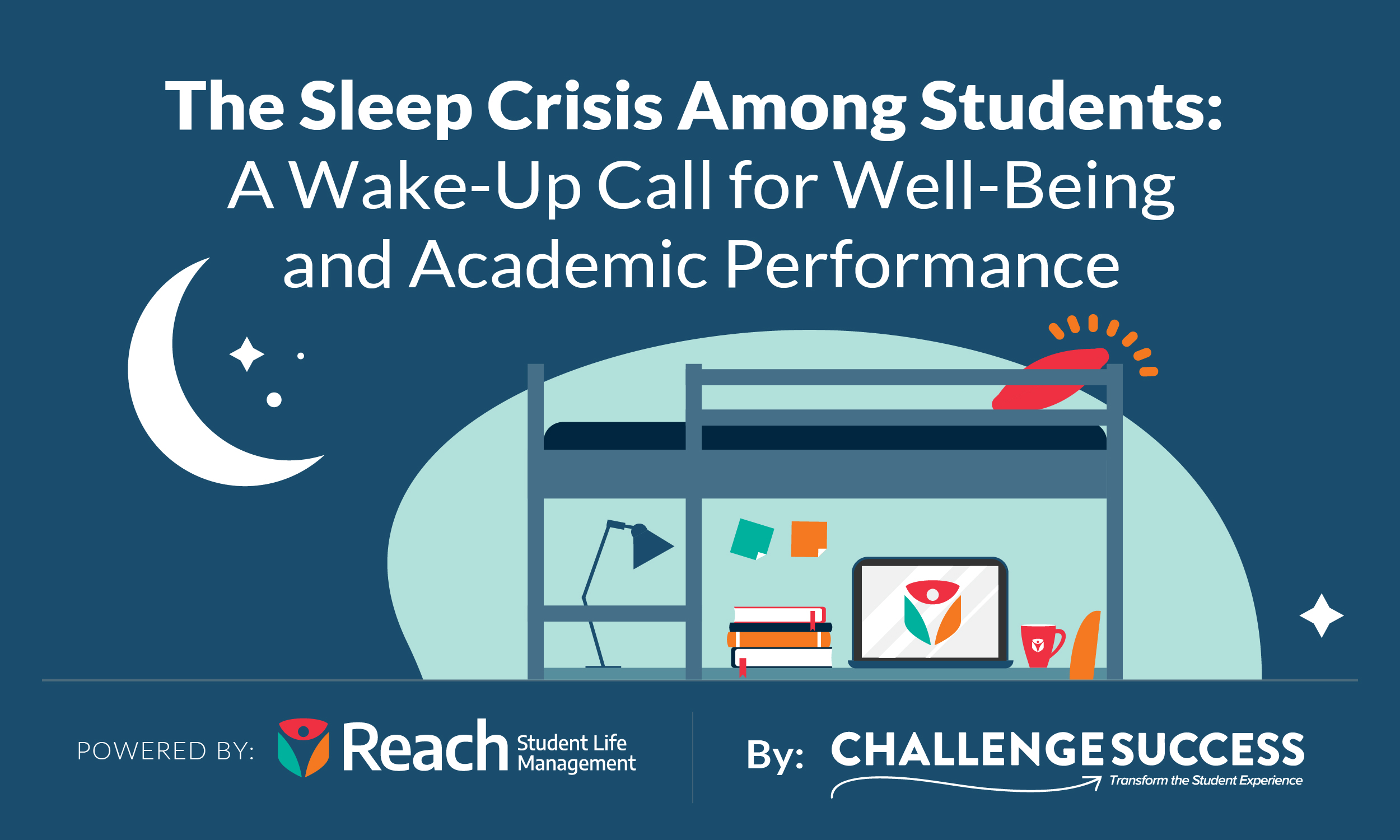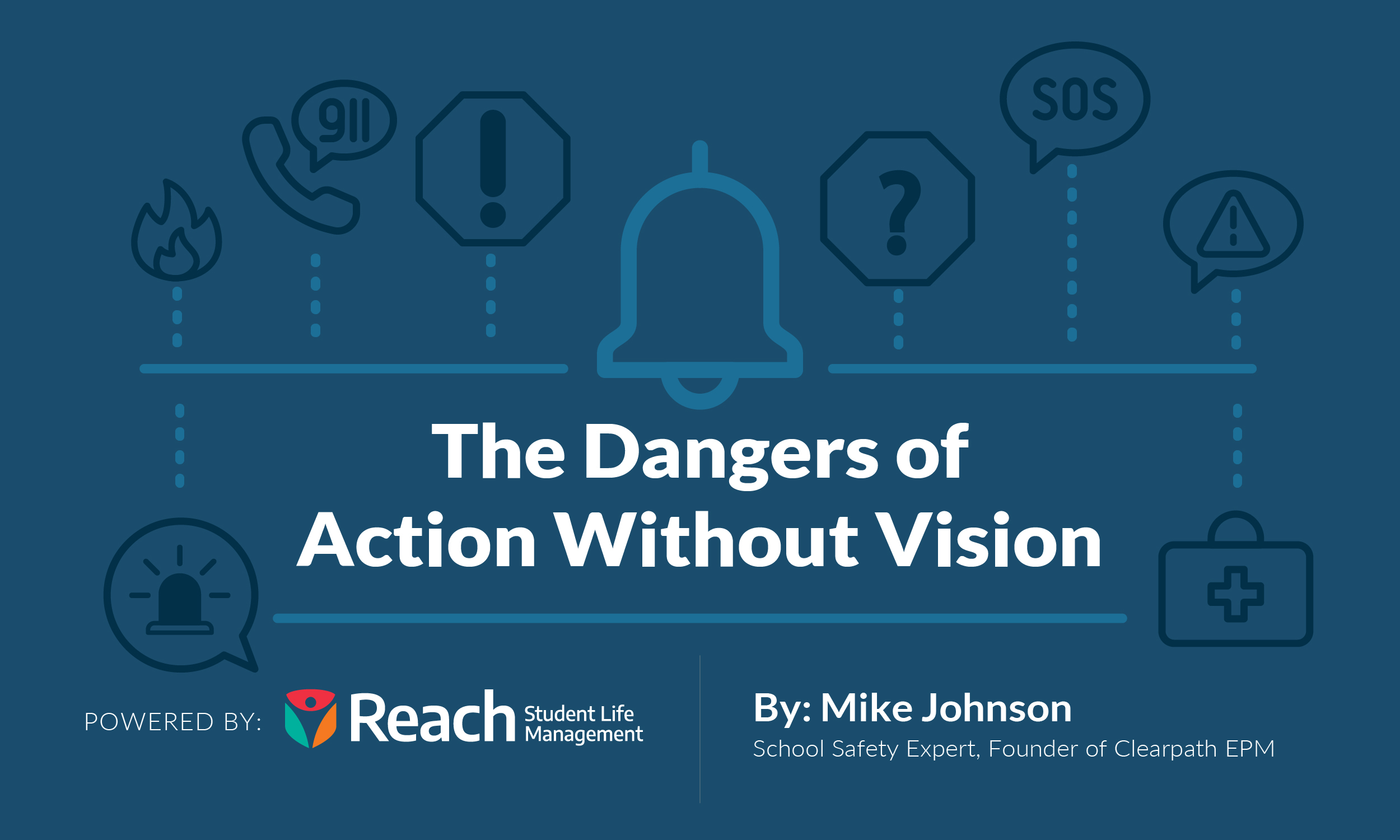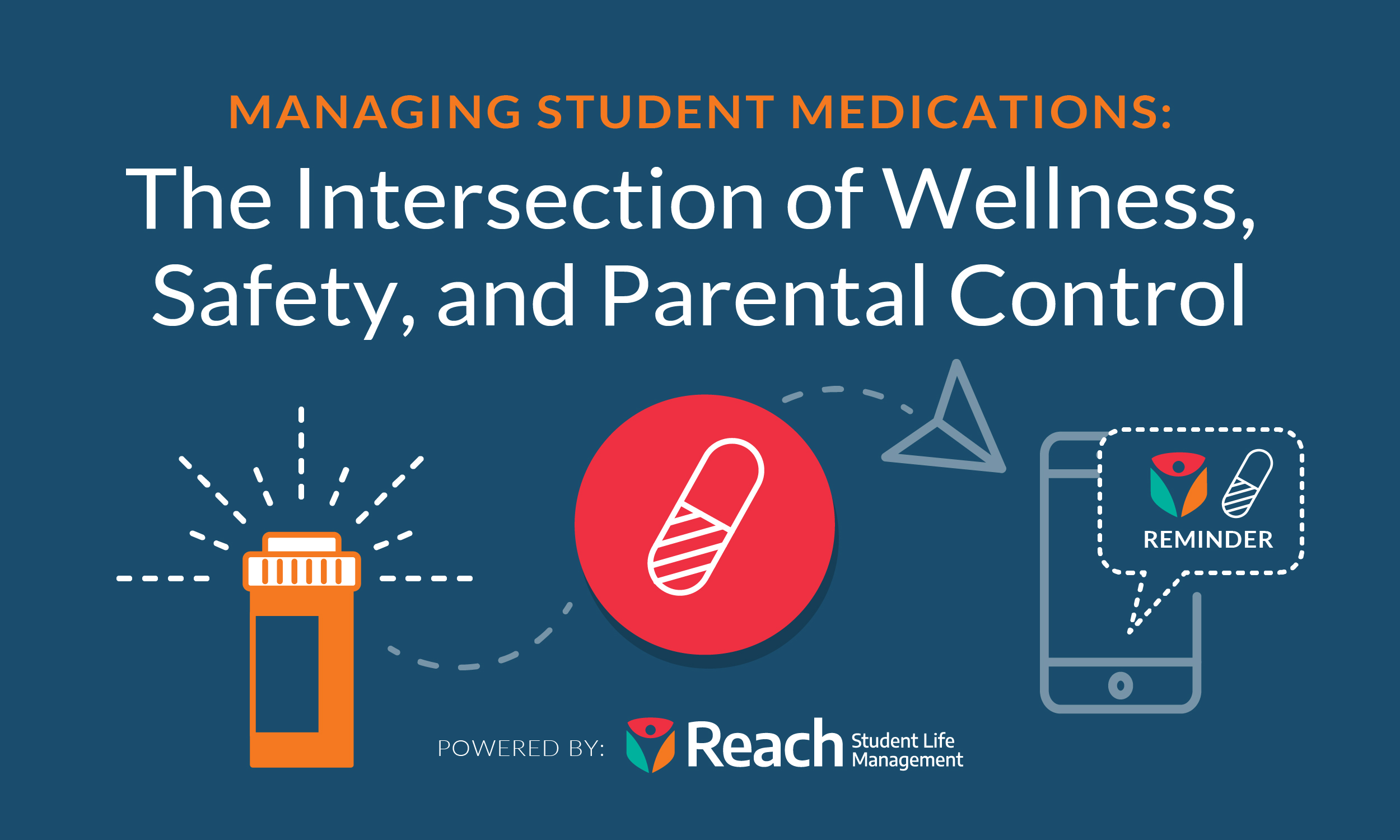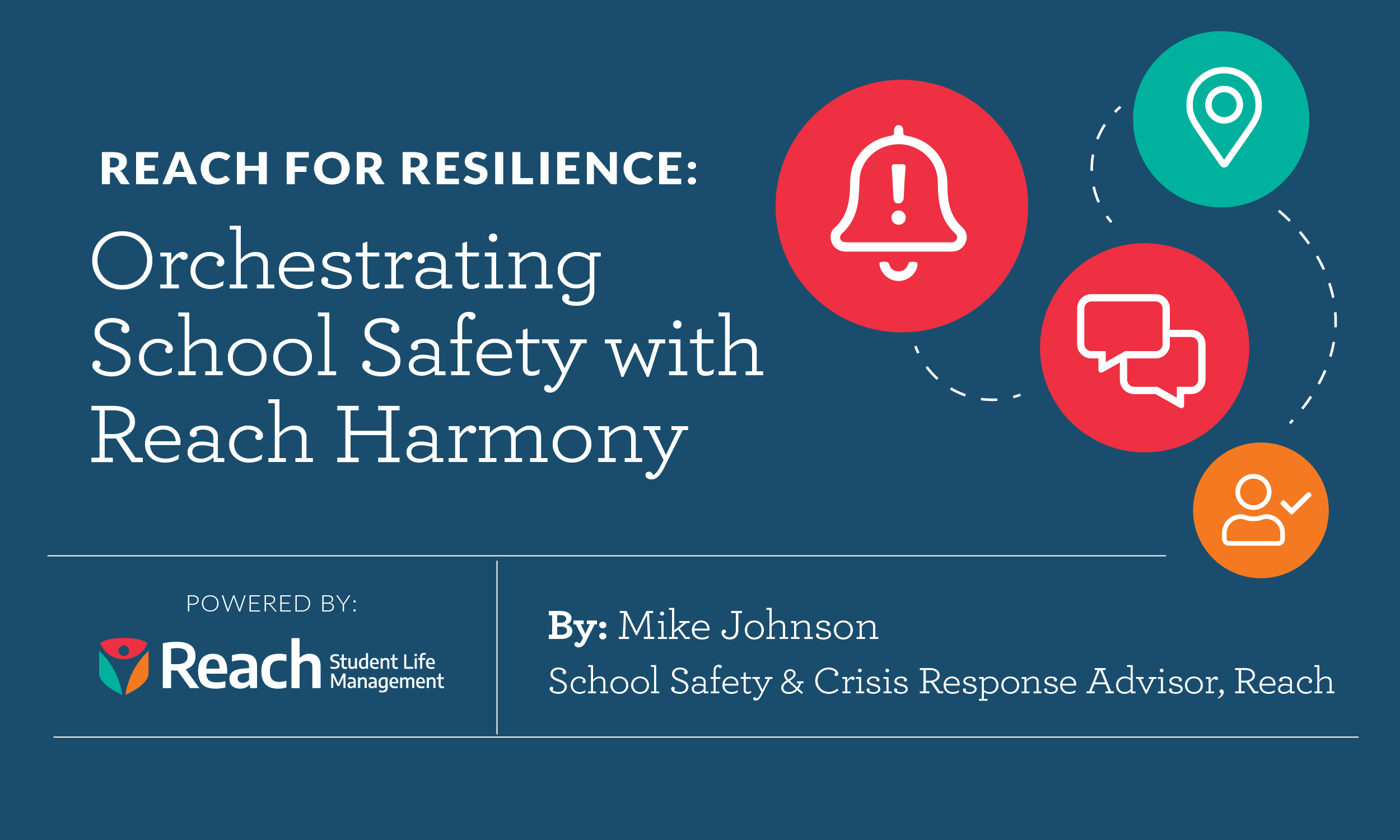July 29, 2024 – By Challenge Success Team

In recent years, the trend of inadequate sleep among students has become alarmingly prevalent, impacting nearly all areas of their lives.
With competing priorities such as academic performance, extracurricular activities, and preparing for life after graduation: does prioritizing sleep matter?
The 2024 Student Voice Report presents a comprehensive analysis of high school students’ emotional and physical health, sense of connection and belonging in school, and engagement with learning, based on data collected from over 375,000 students from 2010 to 2023.
On average, high school students report receiving only 6.6 hours of sleep per night, far below the recommended 8-10 hours for their age group. This sleep deficit is not just a minor inconvenience—it has profound implications for students’ health, well-being, and academic performance.
Stress & Lack of Sleep
One of the most concerning aspects of this trend is the high level of stress reported by students. Insufficient sleep exacerbates stress, creating a vicious cycle that can be difficult to break. The data indicates that as students get more hours of sleep, they report a greater ability to cope with stress.
Notably, boys and men report a higher ability to manage stress compared to girls, women, and transgender or gender non-conforming students. This disparity suggests that while sleep is a critical factor in stress management, gender differences may also play a role in how students experience and report stress.
The impact of this sleep deprivation is evident in various aspects of students’ lives. For example, more than one-third of students have missed school in the past month due to health or emotional problems.
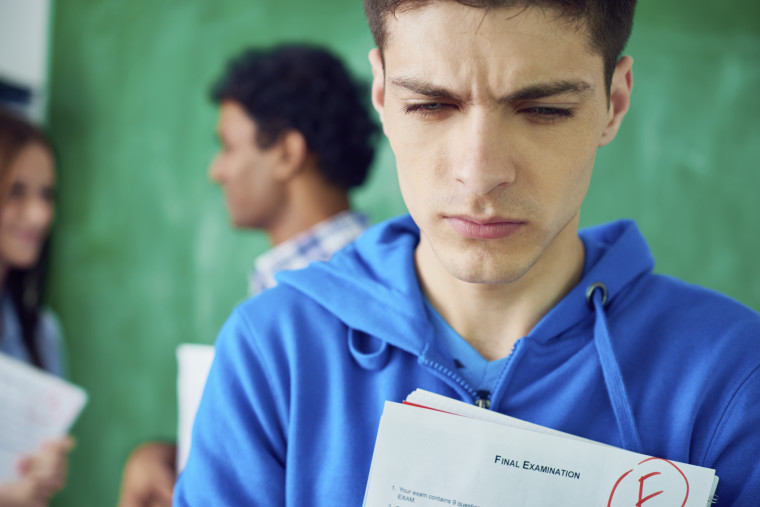
Schools, Solutions, and Student Voice
Schools have a unique opportunity to address this crisis and support healthy youth development. The increased awareness of youth mental health following the pandemic has led to the expansion of school-based mental health services across the country. These services offer critical interventions for students in need, providing a lifeline for those struggling with sleep deprivation and its associated stresses.
However, addressing the sleep crisis requires more than mental health services alone.
It necessitates a comprehensive and collaborative community approach that includes educating students and parents about the importance of sleep, implementing policies that promote healthy sleep habits, and creating school schedules that align better with adolescents’ natural sleep patterns.
By co-designing with students and taking proactive steps, schools can help mitigate the adverse effects of sleep deprivation and foster an environment where students can thrive both academically and personally. Utilizing student voice in the development of solutions, as well as parent/caregiver engagement, is critical for effectively addressing this sleep crisis and supporting students in creating healthy and successful futures.
Related: The S.P.A.C.E. Framework for School Change
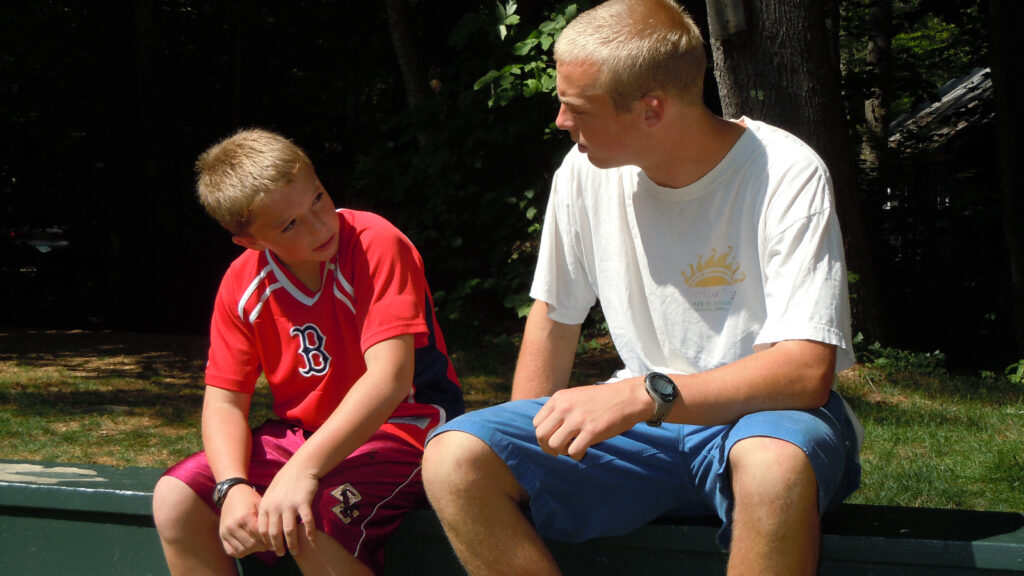
Need More Support?
Interested in learning how to co-design with your students on these topics and change outcomes in your school?
The Challenge Success School Partnership is an inclusive, community-driven collaboration that leverages the Challenge Success Change Process to transform the student experience within your school. Our program is a research-backed way to prioritize student well-being while also deepening engagement with learning and enhancing belonging.
Together, we will center the student experience, gather and interpret community-voice data, design research-based, equitable policy and practice changes, and create community-specific outcomes for all students.
Learn more about how we can collaborate with your school community this year!
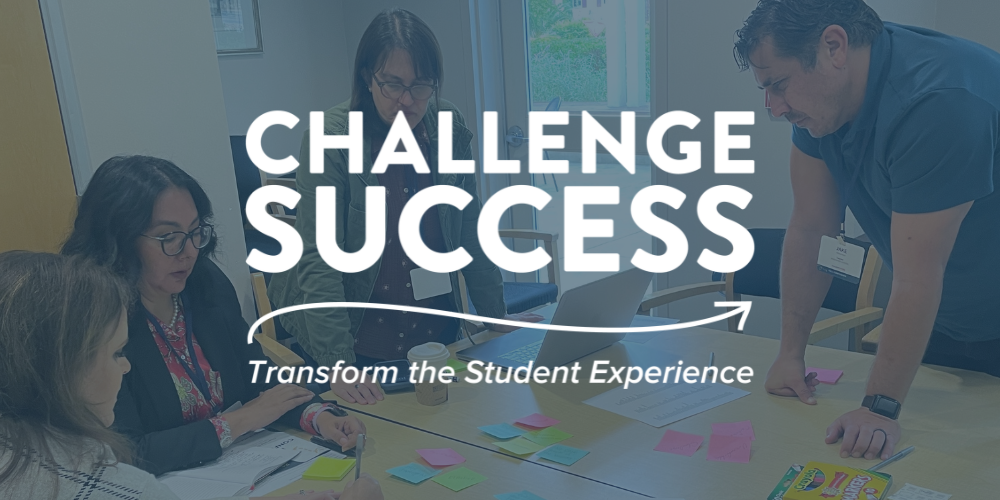
Challenge Success, a nonprofit affiliated with the Stanford Graduate School of Education – elevates student voice and implements research-based, equity-centered strategies to increase well-being, engagement, and belonging in K-12 schools.
Categories
Blog Posts, Research & Articles
Tags
achievement, parenting, pressure, sleep, student mental health, student stress, student succcess, student well-being, student wellbeing
The Lasting Impact of Distance Learning on Students’ Feelings of Belonging Within Schools
